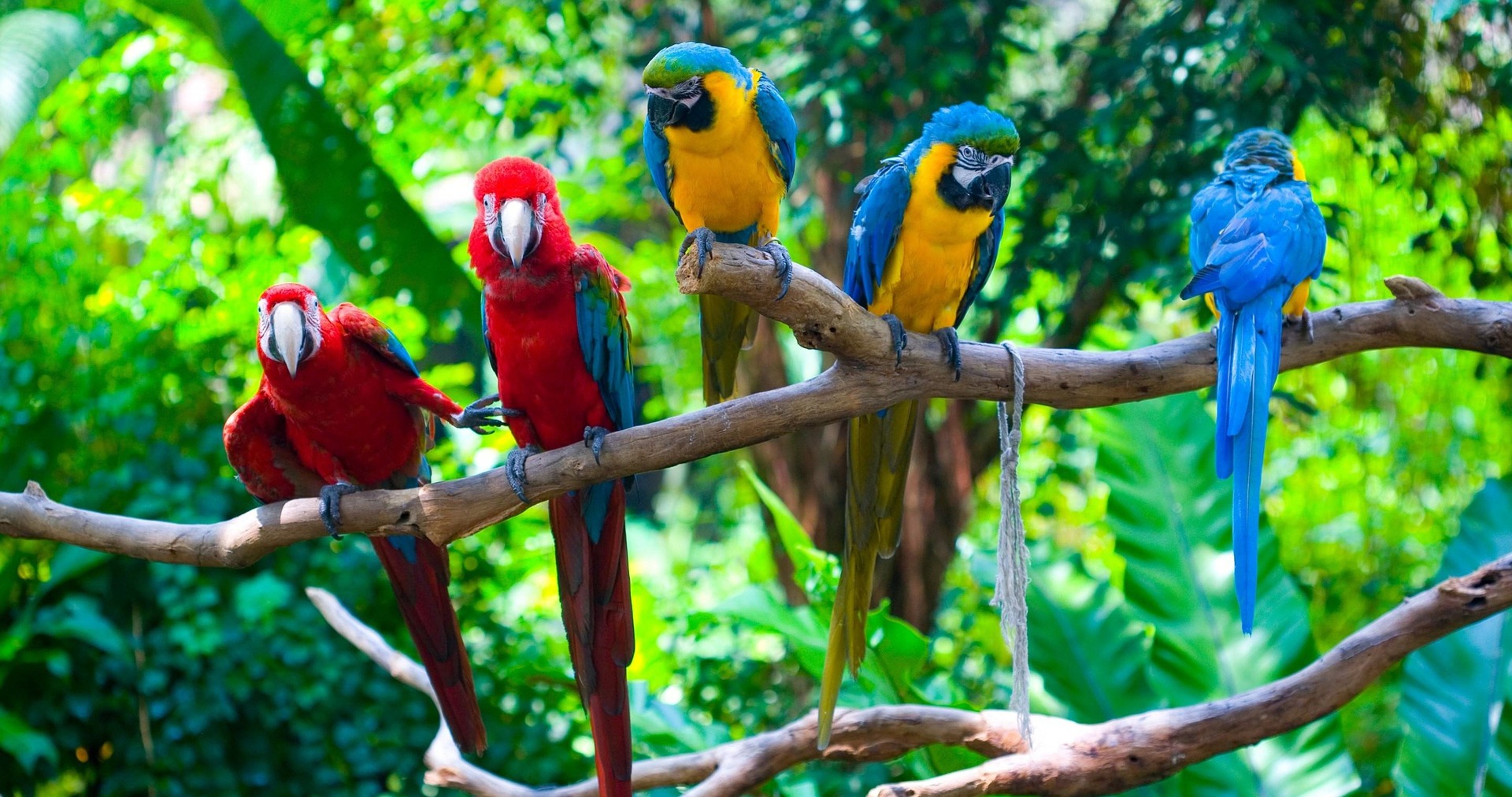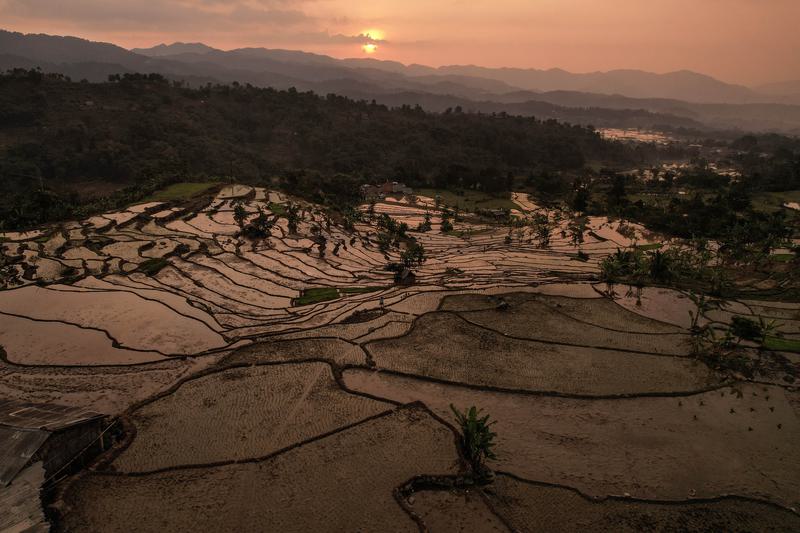WWF reports dramatic decline in vertebrate species since 1970

Jakarta (Indonesia Window) – The World Wide Fund for Nature (WWF), on Thursday (Sep 10) released The Living Planet Report 2020 containing the Planet Living Planet Index (LPI), which shows a dramatic decline in vertebrate species population around the world.
The report, which was contributed by 125 experts around the world, says the dramatic decline in the population of vertebrate species is due to habitat loss and degradation, including deforestation, driven by the way humans produce food.
Endangered species captured in the LPI include the eastern lowland gorilla, whose numbers in the Kahuzi-Biega National Park, Democratic Republic of Congo have seen an estimated 87 per cent decline between 1994 and 2015 mostly due to illegal hunting.
In addition, the number of African grey parrot in southwest Ghana fell by up to 99 percent between 1992 and 2014 due to threats posed by trapping for the wild bird trade and habitat loss.
The LPI, which tracked almost 21,000 populations of more than 4,000 vertebrate species between 1970 and 2016, also shows that wildlife populations found in freshwater habitats have suffered a decline of 84 percent, the starkest average population decline in any biome, equivalent to 4 percent per year since 1970.
One example is the spawning population of the Chinese sturgeon in China’s Yangtze river, which declined by 97 per cent between 1982 and 2015 due to the damming of the waterway.
“The Living Planet Index is one of the most comprehensive measures of global biodiversity,” said Andrew Terry, Director of Conservation of Zoological Society of London (ZSL), which provide the index.
“An average decline of 68% in the past 50 years is catastrophic, and clear evidence of the damage human activity is doing to the natural world. If nothing changes, populations will undoubtedly continue to fall, driving wildlife to extinction and threatening the integrity of the ecosystems on which we all depend,” he added.
Terry believed that conservation works and species could be brought back from the brink.
“With commitment, investment and expertise, these trends can be reversed,” he said.
Reporting by Indonesia Window

.jpg)








